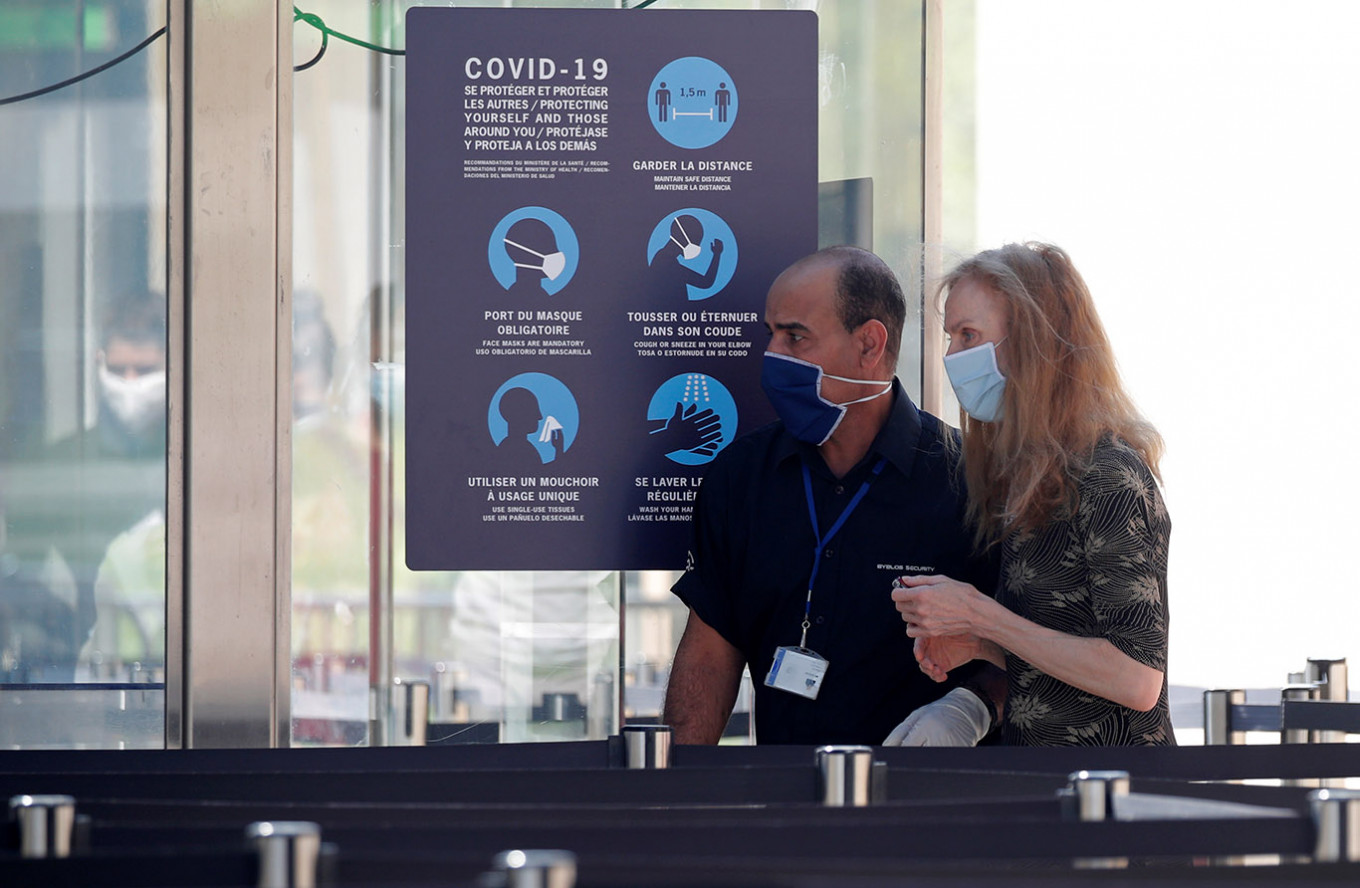Popular Reads
Top Results
Can't find what you're looking for?
View all search resultsPopular Reads
Top Results
Can't find what you're looking for?
View all search resultsCoronavirus masks, gloves polluting Europe's rivers
The rubbish adds to plastic pollution already clogging the continent's major waterways, research organization Tara Ocean Foundation told France Inter radio on Sunday.
Change text size
Gift Premium Articles
to Anyone
E
urope's major rivers are littered with surgical masks and medical gloves discarded by people protecting themselves against coronavirus, scientists have reported.
The rubbish adds to plastic pollution already clogging the continent's major waterways, research organization Tara Ocean Foundation told France Inter radio on Sunday.
During the month of June, researchers "systematically found gloves and masks" along the banks and beaches of rivers across Europe said Romy Hentinger, head of international cooperation at the foundation.
"This is worrying," she said. "We can only assume that others [masks and gloves] have already made it to the ocean."
The disposable protective gear is manufactured from polypropylene and will thus disintegrate quickly in the ocean, making it almost impossible to recover, she added.
The Tara Foundation recently concluded a scientific survey of nine major rivers--the Elbe, Rhine, Seine, Rhone, Garonne, Loire, Tiber, Thames and Ebro--to measure concentrations of microplastics.
The expedition from May to November 2019 found them in 100 percent of the water samples they collected, showing that particles had already broken down before being carried out to the sea.
"We're waiting for the final results from our scientists," said Hentinger.
Contrary to what was once thought, bits of plastic in ocean water are not broken down by UV rays and salt.
Around eight million tons of plastic end up in the world's oceans every year.










